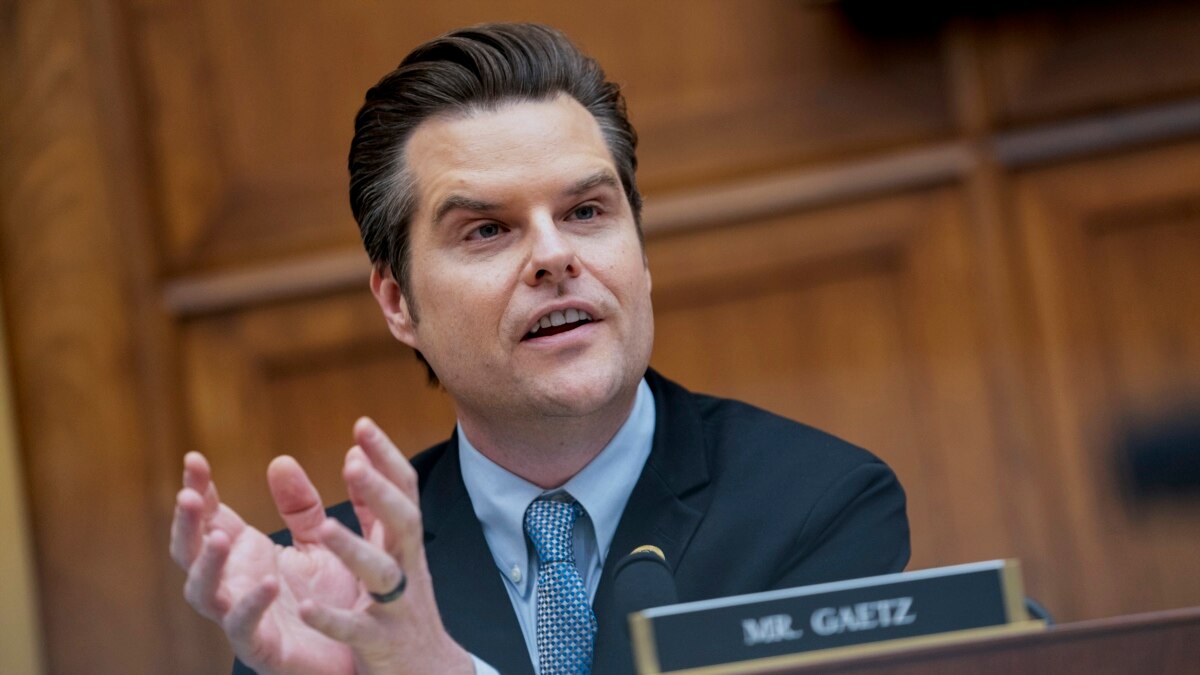Cape Town — An American drug manufacturer has taken an important step to open the way to improved access to the treatment of multidrug-resistant tuberculosis (MDR-TB) across Africa.
The announcement by Johnson & Johnson (J&J) has been hailed by the humanitarian medical care NGO, Médecins Sans Frontières (MSF), as a “huge success” resulting from campaigns by TB activists, civil society and countries which “prioritis[e] public health over corporations’ interests.” And a South African campaigner for less expensive treatment has called on other drugs companies to follow J&J’s example.
Johnson & Johnson announced on September 29 that it will no longer enforce patents for the drug bedaquiline, which it sells as SIRTURO, in 134 low- and middle-income countries. Its announcement frees companies making generic versions of the drug to manufacture them at lower prices without fear of being sued for doing so.
Mulitnational drug companies have long defended their exclusive rights to manufacture life-saving drugs at prices which they set on the grounds that they invest considerable sums of money in researching and developing the medicines. J&J said in its announcement that bedaquiline was introduced in 2012 “after years of focused investments.”
J&J added: “Today, thanks to years of investments, collaboration, and responsible use of our intellectual property, bedaquiline is the backbone of World Health Organization-recommended treatment guidelines for drug-resistant TB, and three of every four MDR-TB patients on treatment are receiving a bedaquiline-containing regimen.”
However, the prices of the drugs developed by Western multinationals often render them unaffordable to most people outside the world’s most economically-developed nations.
That situation is now set to change when it comes to bedaquiline. Christophe Perrin, a TB advocacy pharmacist with the MSF, said J&J’s announcement finally paves the way “for unfettered access to affordable generic versions of bedaquiline for all people living with drug-resistant tuberculosis (DR-TB) who need the drug in low- and middle-income countries.” This includes all African nations.
Also welcoming the announcement, Fatima Hassan, the director of South Africa’s Health Justice Initiative, said it was long overdue: “We now call on all pharmaceutical companies with secondary patents on TB drugs to follow J&J and drop their secondary patents now.”
She said drugs companies’ practice of enforcing their patents and their pricing levels “has no place in public health.”
MSF’s Christophe Perrin said the last 10 weeks have seen “a sea change in TB”, including J&J “backing down” on pricing and patents, other companies reducing the price of TB testing and a declaration by governments at the United Nations that they will scale up efforts to diagnose and treat TB patients.
“We need all newer TB innovations to be as affordable as absolutely possible,” Perrin said, “so governments can scale up prevention, testing and treatment to beat back this curable disease that continues to kill 1.6 million people every year. People with TB literally cannot afford to wait any longer.”









